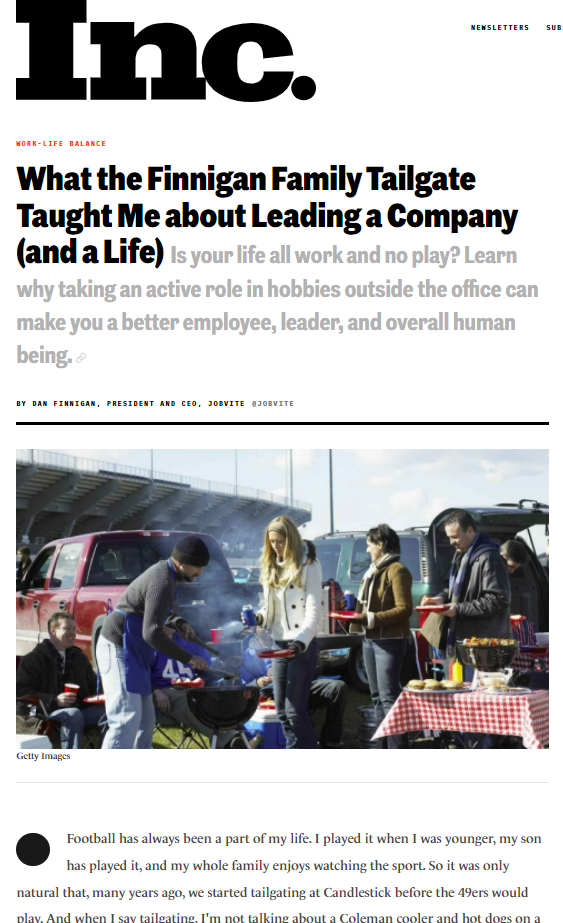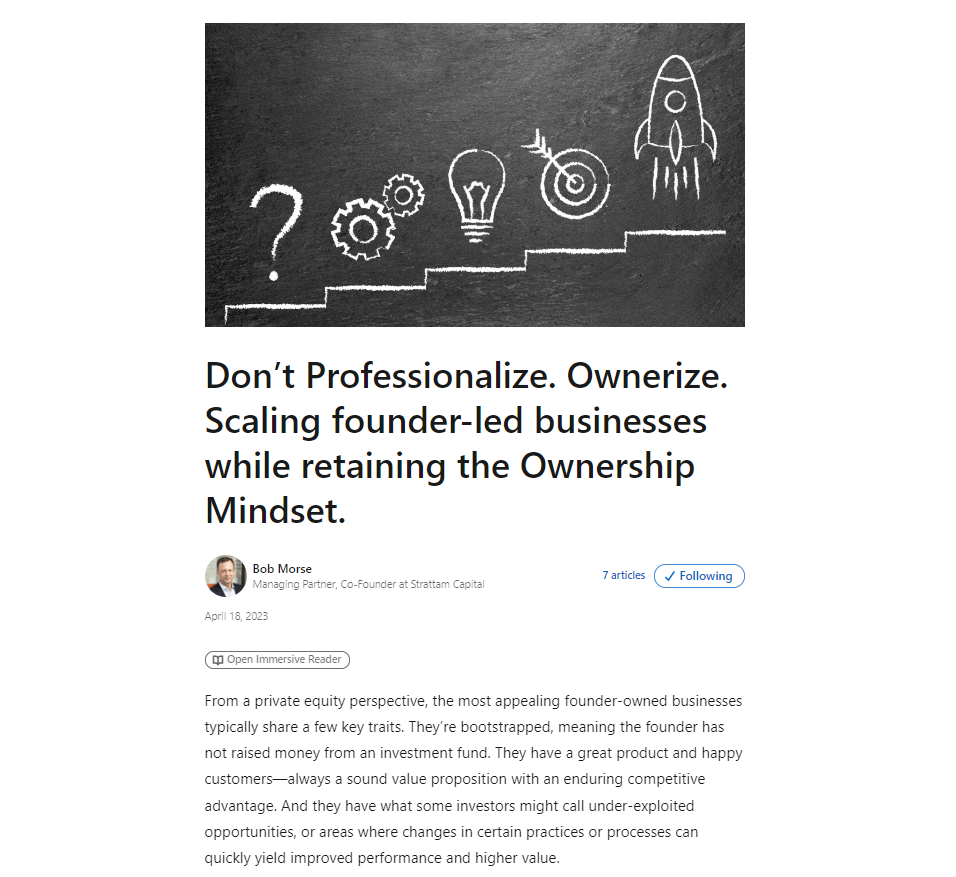First published Spring 1995, The Mind’s Eye, The Stanford Journal of Expression
It was peculiar, actually. Liza leaned against the counter a moment, holding her hands out to feel the warmth of the pot, then straightened up and poured the fresh coffee. Ken's mug, the one proclaiming Lui, hung as always on its hook over the grinder. Really peculiar that he wasn't home yet, Liza thought, and checked the little ceramic wall clock on her way out of the kitchen. 10:04. Late, even for a meeting. Odd.
Outside the blinds, the wind shook the big tree, whining through the thin window glass. Liza checked the bulky lock and sat down again on the couch. She had just about finished with the paper. There's the news, of course, she reminded herself, glancing about for the remote control, but that's not for another hour yet. Surely Ken would be—well, perhaps not. And after the news, there were reruns of old action movies dubbed in English.
“I could read a book,” she mused, scanning the large built-in shelves for a title of interest. Not a mystery, not while she was alone at night, and that also ruled out the piles of ghost stories she once collected. Romance, then? But those books were all so old, and she hated the way the pages threatened to fall out, and what would Ken say? He owned the Fitzgeralds, a first edition, even, of Tender is the Night; hers were all cheap. Up there on the shelf, there was even a Sheldon, whose spine she had once turned inward for Ken's sake till he said the asymmetry was probably worse. He had taken her chin in his fingers, saying this was her bookshelf now, too, that her books belonged here. An act of magnanimity, Liza had always believed, as it was difficult not to notice that he rarely showed off his own collections anymore. So there was the Sheldon for her to read, and several tired books under the nom de plume of Francesca Sarti. Bathtub love stories, she called them. She could take a bath—. No, he might try to call. Someone might try to call. The police....
She sipped her coffee slowly, careful not to burn her tongue. Oh yes, the paper, she remembered, but did not pick it up. And suppose the police did call, suppose they even came to the door with their hats in hand and faces glazed hard by duty and impatience and tired pity. What a horrid, romantic ending. Like during the war, she imagined, although she had not lived through a war. She was young and a young bride, married quite fortunately to a man who was older but established, a man with business to attend to.
He really should have called me, she thought. There was a tiny plunk! in her head, like the slow mean twang of a loose guitar string down her spine. Yes, he could have called to say when he'd be back, she decided. Most of the time he did call. The Blumford case, he would say, and then continue as though he could hear her nodding through the phone. What would it be tonight? The Johnson case? No, that was last month. What had he talked about this morning, standing in front of the full-length with his brown paisley tie, he was saying, “She never gets there on time.” Taking each silk end into his hands, left over right, wrapping it under, "We'd have a strong case if only the old lady could sit still long enough"—and make the loop—"to tell the whole story, not even counting a complete work-over of those receipts." Then pulling it through, “So Veronica is a bit of a nuisance, dear,” he concluded, adjusting, turning to face Liza who perched at the foot of their four-poster bed.
“Be a love and fetch my briefcase, would you?" he then asked, facing the mirror again to nitpick about the razor burn just above his collar. Up she rose with a slight stretch, curious about the red rash which looked painful.
"Darling?" She extended her hand as if to touch the raw and tender spot, but Ken caught her fingers in a quick, purposeful squeeze.
"A bit of a hurry this morning, Liz," he winked, but she managed a firm tug on his tie, which he never got straight, lining the triangular knot up flush with the down-pointing wings of his collar.
"Of course," she sighed and walked off to the den, where she now sat, feeling quite suddenly as though she had not moved more than ten paces today in any one direction. She stood up and walked to the phone on the wall table by the patio door: eleven steps, but her feet were small. She knelt and traced the phone cord first up to the back of the phone where indeed it was secure, then down along the wall, back behind the china cabinet. She had to grope blindly, stretching her arm all the way back through the tight space, and there was the jack, and there was the cord, snuggly implanted. So the phone must work, Liza deduced, although some irrational fear kept her from picking up the receiver to hear the empty dial tone. What if Ken should try at that particular moment to get through?
“Or the police,” she said aloud, rising from the floor. What would that be like? Should she cry, at the instant they told her, or should she wait, paralyzed by shock into an extreme dryness? Or, perhaps, he would not be dead. There would be limbo, and she would have to visit at hospital every day, maybe stay nights there, waiting, with her rough black wool suit pulled ominously to the front of the closet. It would have to be cleaned, of course. But whose thoughts were these about the man she loved, her Kenneth, who loved to drag a pink finger down her cheek and call her "his pretty girl," who could think such things?
“Liza Majors, you're acting a fool,” she whispered. Probably, after all, a flat tire on that black blank stretch from the city. He would be kneeling on a square rag so as not to get his suit dirty, inspecting the damage. The tire would be ripped wide, a loose and useless patch of flesh. Liza could not change a tire; she'd never had need to learn. She knew one had to lift the car and remove what was broken, replace it with the spare, but she would not recognize the tools. How does one lift an automobile? How does one attach and detach a tire? Would Ken know how to change it? His hands were so small and fumbling, scarless from his youth of distant observation, and perhaps there would be no spare tire, and he would be sitting impatiently in his car, waiting.
But there was the matter of the car phone. He would call for help, yes, but then surely he would call her? Would he? Remember the time, Liza thought, that Ken missed the dinner with the Richardsons and she had had to explain and accommodate and smile away her humiliation to her old family friends? He had been trapped in an elevator at Huxley-Gregg for two hours and had specifically requested that the fire crew not call his wife. So she wouldn't worry. Despite Ken's assurances that the firemen had agreed with his logic, Liza would have liked to know what had happened. She would have liked to show Amelia that her husband did not trivialize her plans. He really is a good man, she had repeated in apology, but once the gin had circulated twice and the lamb grew slightly dry and brown at the edges, she could not for the life of her cite an example to Amelia, whose bobbing head belied her indifference, or to Ned, who in his sweet fatherly voice assured her that such was the price for a lovely home, such a fine, fine home.
Liza sat again on the couch, listening to the space around her. There were dated and gloomy paintings above the fireplace mantel which itself was lined with curios from international excursions—none of her own: a hand-scraped marble elephant, silver candle holders, inhuman wooden masks, a match box made from tiny white stones and somehow stuck togeth- er row by row, like babies' teeth. There was, as was custom, no fire in the hearth, which was set up neatly with matching logs of equal length and width laid lattice-like by the day woman. None of these things made sound, but the room itself was not large enough to seem empty or silent; it seemed rather busy, almost mocking, so that Liza felt her ears twinge with a blush- ing energy, as though some conversation of the inanimates was tearing through the air about her, just beyond reach. Her fingers tightened against each other. Was she really waiting for the phone to ring? He would not call.
“Is it such a bad thing to want,” she said, looking toward the woodpile, “a nice, warming fire on a cold night?” And impetuously, she rushed to the mantel, opened the delicate matchbox, only to find herself on the dreadful verge of tears, for the box was empty. Never mind, she thought, the
lighter, and crossed the room with contained urgency to fetch the pocket lighter from the decorative cigarette canister. When she kneeled before the fireplace, however, proud of herself for remembering to open the flue, the wood would not catch. It appeared, when she leaned in to have a closer look, to be glossed-over with a thick fireproof glaze. With a harsh cry she grabbed a log, unusually light, and beat it insistently against the stone floor. The log cracked open before long. It was, in fact, sturdy but hollow papier maché.
Liza sat slowly but hard on the cold stone. She had a sudden inclination to slice through the flesh on her forearm with the jagged tip of wire poking out from the layers of paper crust to see if her arm was indeed an arm, if blood flowed there. What was all this house around her? It was Ken's house. But where was Ken, who made it all seem real?
Maybe there was no flat tire. An accident would be the more logical explanation, the more desired explanation. His car would have hit a tree, as he swerved to avoid some careless tourist who was not familiar with the mountainous curves by night, and the engine would be beyond repair, Ken would be lying senseless and helpless, most surely helpless, across the front seat, or maybe on the road, thrown from the car. Her beloved Ken! He might be bleeding, dazed and wandering along the dark gravel or in the woods of the mountain, calling her name, lost. When he is found and taken to hospital, she told herself, I'll visit every day and bring him pink orchids and divinity, mint chocolate, and if he should be permanently injured, I will take him out for exercise and build real fires, yes, and make this room less stuffy, new wall hangings and to hell with those dreadful masks! She pictured him, a smallish puffed-out man with gray, distinguished temples and deepset eyes that seemed to know all she was thinking and a drawn-out mouth that said just what she wanted to hear, most of the time, and now he was wounded, possibly dying out on the pass. Who would find him? Should she call the police? Liza considered the idea a moment but made no move for the phone. Ken would not like for her to interfere just yet; he would not want her to see him rumpled, and she did not know what he would look like with perhaps a torn shirt, bloodstained and bruised. Best to have him cleaned up, have the wounds set and stitched, before she went to him. She could wear her yellow linen dress, despite the season, for the sake of cheer, and while the doctors did their work, she would bake a few treats, move the big, ungainly leather sofa against the far wall where the noon light would give it a more hopeful glow during the day, and she would have flowers, real flowers, and warm handwoven rugs to dress the floor. And Ken would be so grateful for her love and attention that he would adore what she did to the house when he came home. He would smile at her all day, constantly amazed at his pretty little girl; he would tell Amelia and Ned how lucky he was and sorry to have missed that dinner, and the lamb would never wait, browning, in the oven.










































